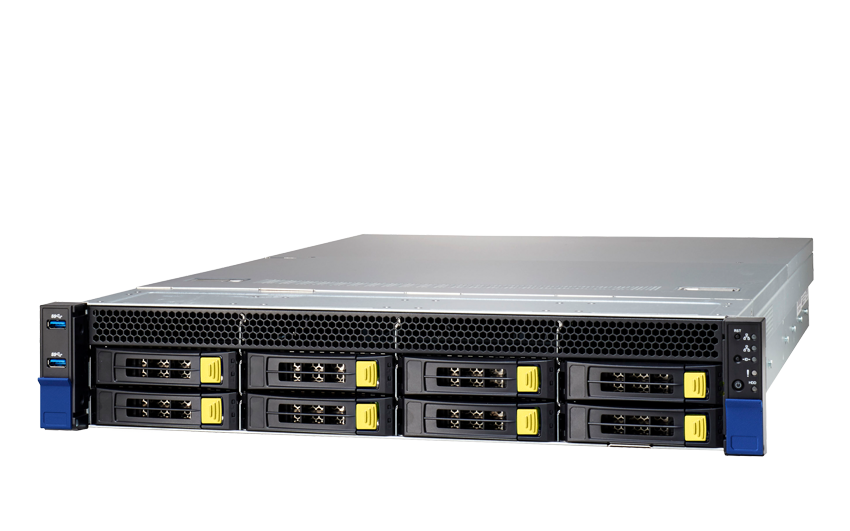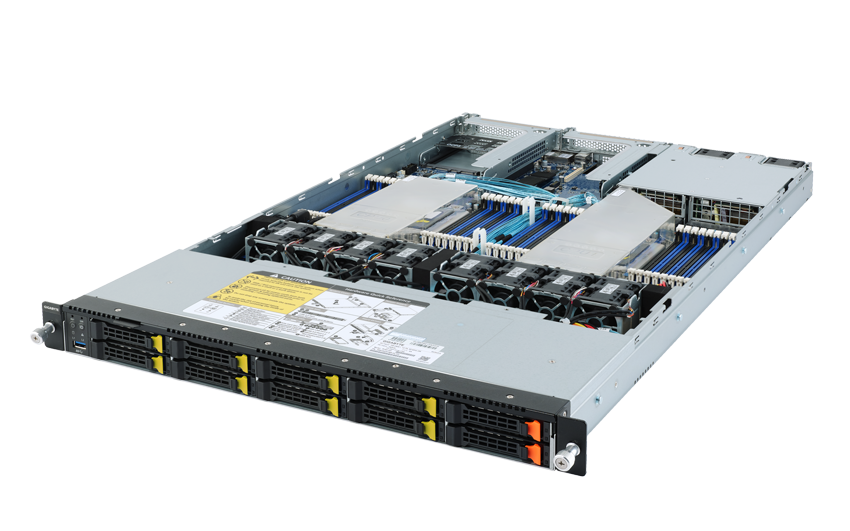Benefits to Buy-InDedicated Research Compute. Research groups can 'Buy-In' (add resources such as processors, memory, etc.) to the base HPC systems as funding becomes available. Researchers receive 100% of the CPU*hour time their purchases create as a monthly high-priority allocation. This time receives the highest priority queue on the HPC systems. Quality Environment. The Buy-In option allows research groups to take advantage of the central machine room space that is designed for maintaining high performance computing resources. The UITS Research Technologies group physically maintains the purchased nodes, applies updates and patches, monitors the systems for performance and security, and manages software. Additionally, Research Technologies staff is available for research support and questions through hpc-consult@list.arizona.edu. In short, essentially all costs associated with maintaining compute resources are covered by UITS rather than individual researchers. Flexible Capacity. Buy-In research group members also benefit from their resources being integrated into a larger computing resource. This means the buy-in resources can be used in conjunction with the free allocation and resources provided to address computational projects that would be beyond the capacity of a group running an independent system alone. Shared Resource. The University Research Computing Community as a whole benefits from buy-in expansions to the HPC systems. As mentioned above, researchers who buy-in receive 100% of the allocation of time for their purchase. However if the buy-in resources are not fully utilized, they are made available as windfall resources. This helps to ensure full use of all HPC resources and can be used to justify future purchases of computing resources. Cost Competitiveness. Lower costs included in the grant proposals (i.e. hardware only, no operations costs) and evidence of campus cost‐sharing give a positive advantage during funding agency review. Pricing. For the year following the award the UA HPC request for proposal (RFP) pricing is locked in and is often considerably less than the "market price." | 

